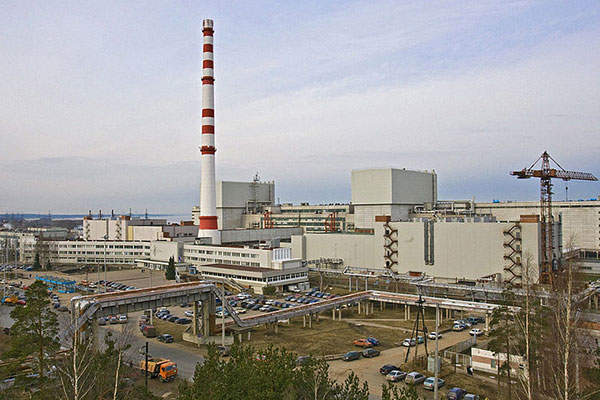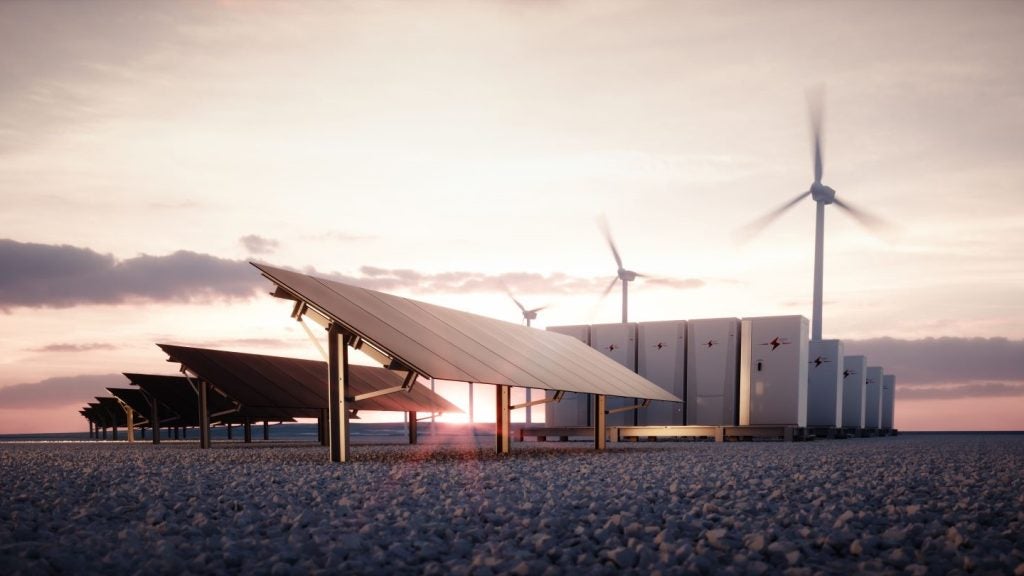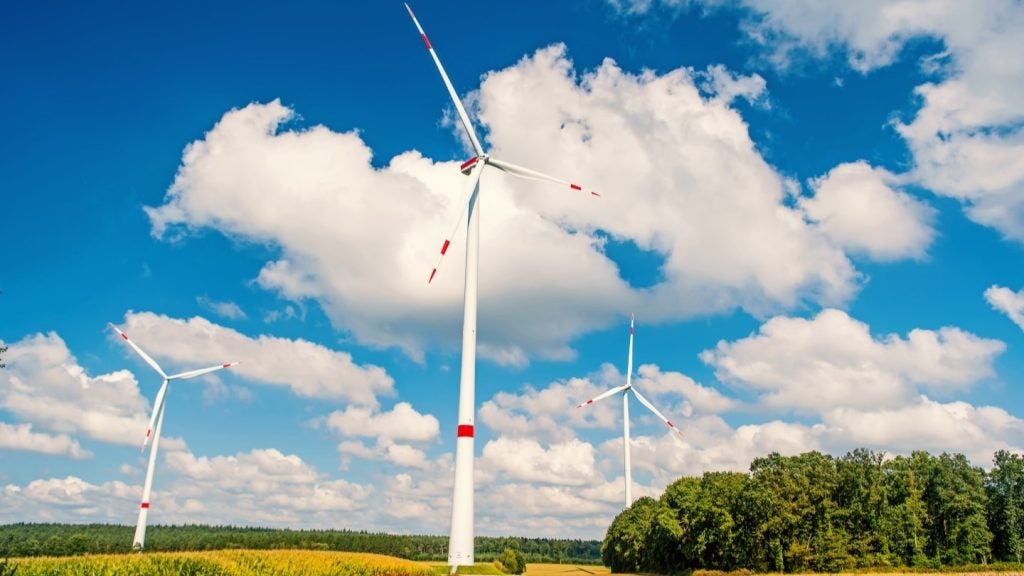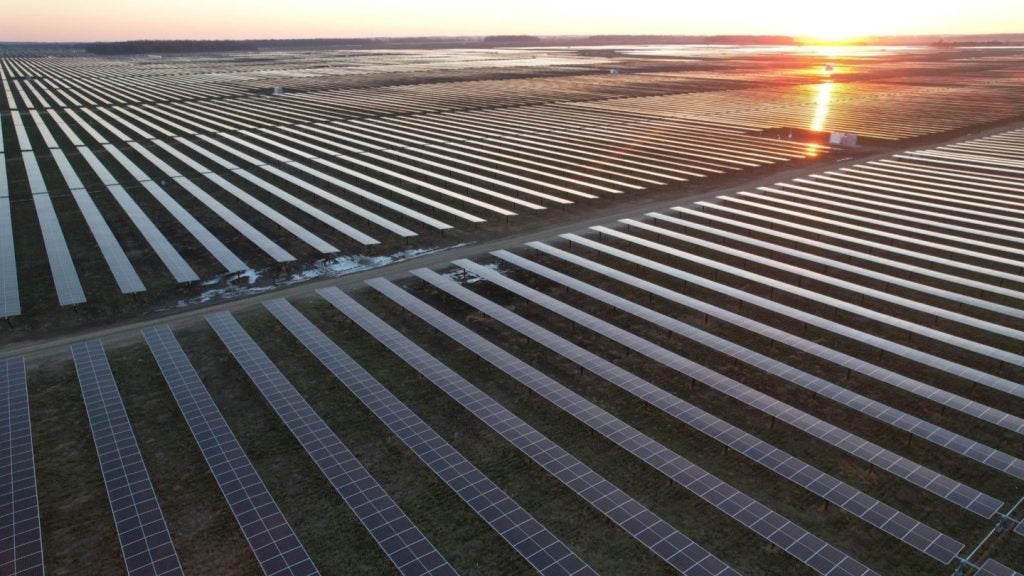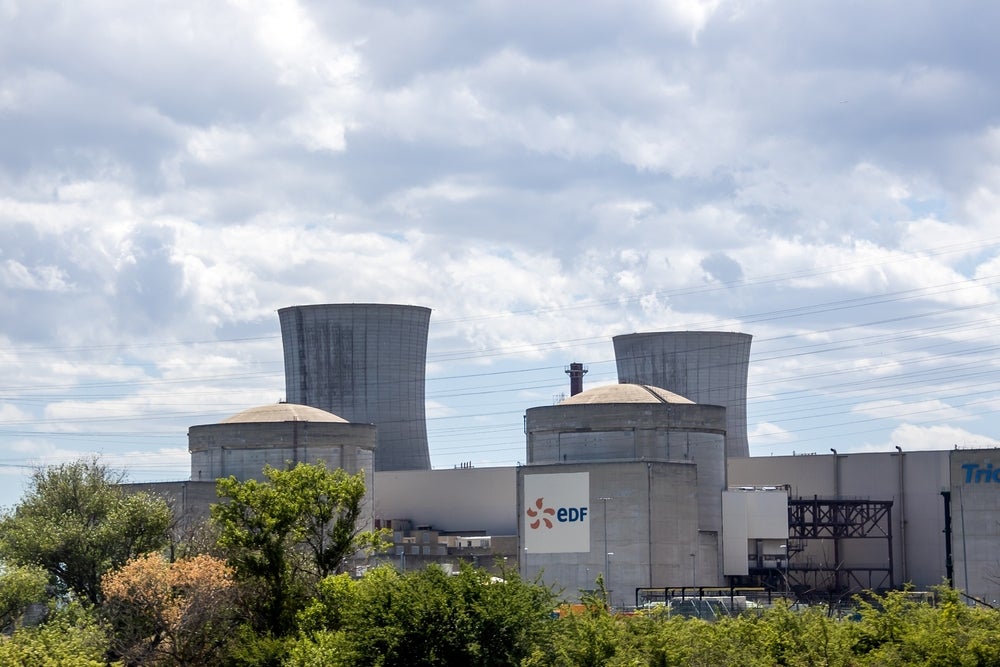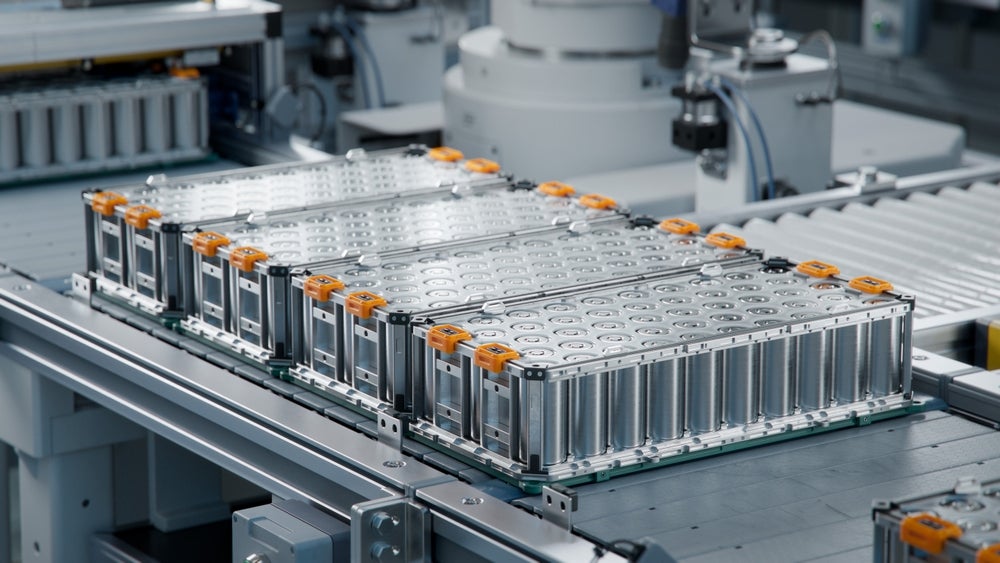Rosenergoatom, the nuclear power division of Rosatom, has received permits from the Russian industrial safety watchdog, Rostekhnadzor, to build reactors for the No.7 and No.8 generating units at the Leningrad Nuclear Power Plant (LNPP) in the Leningrad Oblast in north-west Russia.
According to a press release seen by Russian news agency Interfax, securing the permits “is an important step in the construction of the nuclear plant” as they are “key documents that kick off the main stage of construction and installation work at the generating units being built", and are required by Russian law.
Vladimir Pereguda, director of LNPP, said: “We are completely ready to begin large-scale work on the new phase of the Leningrad NPP.”
The permits will last for 15 years, and over the next few years the company plans to build around 150 buildings and installations at the site of the future generating units, outfit them with equipment, lay the utility lines and carry out pre-commissioning work in order to load nuclear fuel into the reactors of units No.7 and No.8 in 2029 and 2031 to begin reactor start-up. Two more permits will be required to operate the VVER- 1200 reactors.
Russia has historically been at the forefront of nuclear power developments. In 1954, the world’s first nuclear power plant, Obninsk NPP, was connected to the Moscow Grid. However, the Chernobyl crisis of 1986 and civil disruption in the 1990s hindered the development of the industry. Rosatom was established in 2007 to consolidate and grow nuclear power as an energy source once again. The company is now the world’s largest for uranium enrichment, capturing 36% of the market, while providing fuel to 17% of the global market.
The LNPP is one of the largest nuclear power plants in Russia, generating 4.4GW and providing Saint Petersburg with 55% of its electricity. Rosatom claims the new units will replace existing capacity and help meet growing demand.
Controversially, Rosatom has not faced EU sanctions since Russia’s full-scale invasion of Ukraine. According to German state-owned broadcaster Deutsche Welle (DW), nuclear fuel provided by Rosatom accounts for nearly half the total electricity produced in Slovakia and Hungary.


